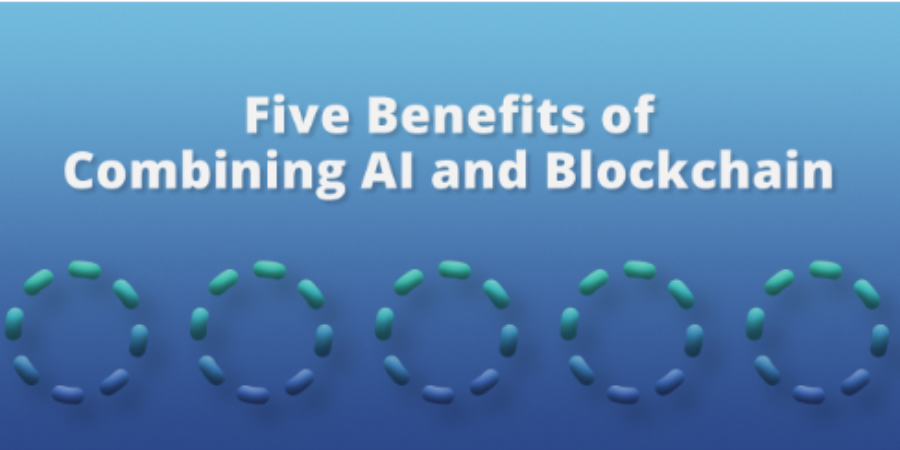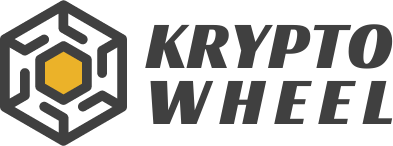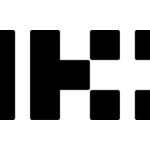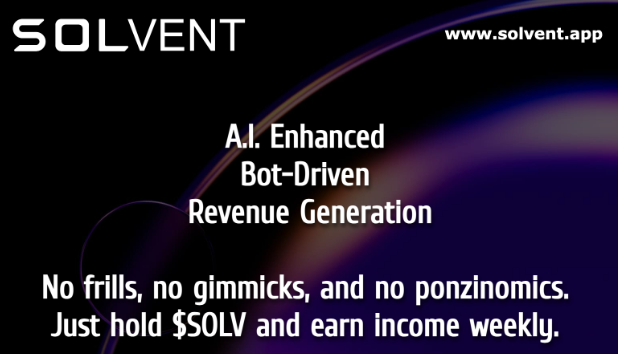
Five Benefits Of Combining Blockchain And AI
- Antonio Anderson
- September 20, 2022
- Blockchain
- 0 Comments
Blockchain technology and AI provide immense benefits such as significantly higher efficiency, reduced costs, faster services, and more. These are the benefits offered by the two on their own. Combine the two, and you get a system that is capable of transforming almost any industry it is adopted into. The merging of AI and blockchain is relatively nascent, and it is important to remember that both technologies are also relatively new. In fact, just a few decades ago, AI was part of science fiction, portrayed as a technology capable of heralding armageddon. Now, industries are realizing the potential and benefits of this technology.
With both technologies firmly in the spotlight, several companies have emerged, looking to combine the two and deliver truly industry-changing solutions. One such company is AIWORK, which is focused on addressing issues plaguing the online video space. It does this by looking to create a marketplace of crowd-sourced human experts that create, verify, and validate AI data sets, helping to make AI smarter and more efficient.
The Confluence Of AI And Blockchain Technology
A blockchain can be defined as a shared, immutable ledger that provides an immediate and transparent exchange of data between parties when they initiate a transaction. Blockchains are capable of a host of tasks, such as tracking orders, payments, production, accounts, and more. The goal behind creating the blockchain is to record information securely and immutably. Once data has been recorded on the blockchain, it cannot be altered. Meanwhile, artificial intelligence is the term given to machines that can emulate human intelligence.
AI-powered machines are capable of problem-solving, thanks to their capability of thinking like humans and exhibiting various traits associated with humans, such as problem-solving. AI is capable of rationalizing and taking a course of action with the best chance of achieving a specific outcome. It can also learn from various data sets provided to it, getting smarter over time.
Blockchain technology can improve AI in several ways. Let’s understand how.
- Authenticity – The blockchain maintains a record that can offer insight into the framework behind AI and the provenance of the data used, thus helping to improve the integrity of the data and AI recommendations. Using the blockchain also provides an audit trail, allowing researchers to observe the AI’s train of thought when coming to a conclusion.
- Augmentation – AI can understand and correlate data at incredible speeds and is able to bring a significant level of efficiency to blockchain-based businesses. Through the blockchain, AI can access significant amounts of data, provide actionable insights, manage data usage, and create a trustworthy and transparent data economy.
- Automation – Blockchain and AI can remove friction and increase the speed and efficiency of processes that involve multiple parties.
Benefits Of Combining AI and Blockchain
Let’s look at some of the benefits of combining AI and blockchain.
Data Security
The digital space faces a severe lack of trust, which is a significant obstacle in the large-scale adoption of AI. However, the combination of AI and blockchain technology can enable a decentralized network for businesses, giving them significantly better data security and secure interactions between transacting parties. A decentralized network is far more secure than a centralized network and database, which is prone to cyber-attacks since it gives hackers a single point of attack. The blockchain can also help businesses to identify and curb any identity theft by third parties that could access sensitive information.
Lowering AI Cost
AI requires a significant amount of data. However, the catch is that a centralized database is not economically viable, thanks to the high costs involved in setting up and maintaining the data. The use of blockchain technology provides decentralization, coupled with higher levels of security at significantly lower transaction costs. This allows companies to design AI models using less data, lowering costs and enabling businesses to invest in AI.
Data Management
Storing data on the blockchain automatically makes the data more secure. Data is also easier to manage since operators are not required to handle multiple data sources. Walmart has already implemented blockchain and AI, partnering with IBM and working on a food safety blockchain solution.
Higher Efficiency
AI can also help make blockchain better by optimizing calculations. This reduces the load on miners, improving latency, leading to faster transactions, and lowering the carbon footprint of blockchain technology. AI can also streamline data by using its algorithms and weeding out excess data which has no use. It can also use decentralized learning and data-sharing systems to make the blockchain more efficient.
A Higher Level Of Trust
All records stored on the blockchain are immutable, meaning once they have been recorded, they cannot be changed. This feature, combined with AI, means that users have a clear view of data records, allowing them to clearly follow how the system comes to a particular conclusion.
Better Integration
Most of the larger and more innovative companies still utilize legacy systems which hinder the adoption of new technologies. This plays a significant role in stopping these companies from adopting technologies such as blockchain and AI. However, using the two in tandem, these companies can integrate legacy systems with blockchain and achieve higher security and efficiency.
How AIWORK Is Helping Users And Businesses
AIWORK is at the vanguard of advancing the utilization of blockchain and AI and addressing the needs of the online video space. The protocol is creating an online marketplace of crowd-sourced human experts to verify and validate AI data sets, making AI more efficient. From AIWORK’s point of view, the high level of technological advancement is a significant hurdle stopping the mass adoption and AI. AIWORK has combined AI algorithms with human experts on a highly secure blockchain network to address this.
Human experts are tasked with verifying AI-generated translations and transcriptions, helping the AI algorithms to get smarter. In time, with the continued advancements in AI and deep learning algorithms, a fully autonomous machine translation software could also emerge in the not-so-distant future.
In Closing
Blockchain and AI are two technologies that are destined to be intertwined. The combination of the two has too many benefits that cannot be ignored. Blockchain technology can smoothen the data sharing process, while AI can help manage complicated tasks such as language translations. Both technologies, when used in tandem, can help industries achieve higher efficiency, data security, and productivity while cutting down on costs.





